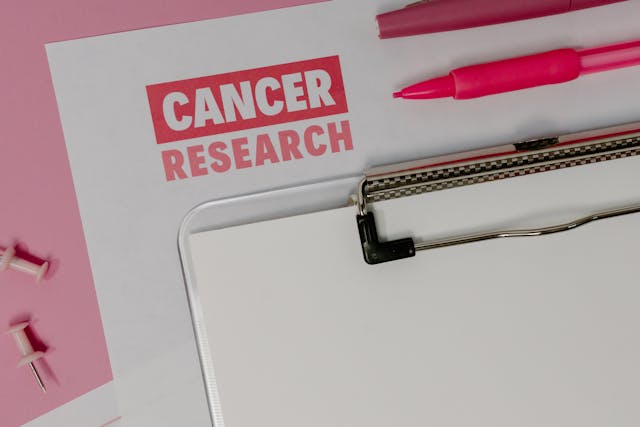Selenium, a critical micronutrient for human health, exhibits toxic properties at elevated concentrations. Nonetheless, recent advancements in biomedical research have highlighted its potential anti-cancer benefits when administered in high dosages.
Under the leadership of renowned experts, Professor Steve Conlan from Swansea University and Professor Laurent Charlet at Université Grenoble Alpes, a team embarked on exploring the feasibility of developing selenium nanoparticles as a viable cancer treatment option, addressing the challenge posed by selenium’s toxicity.
Their research, conducted in a unique 3D environment that closely mimics the natural tumour setting, showcased the efficacy of selenium nanoparticles in eradicating ovarian cancer cells.
A groundbreaking discovery emerged from their investigation, revealing a novel biological process through which selenium likely exerts its anti-cancer effects. The team identified that selenium alters the activity of histone methyltransferases, enzymes pivotal in regulating epigenetic modifications—changes influenced by environmental factors that affect gene expression without altering the DNA sequence. These reversible epigenetic modifications affect how DNA sequences are interpreted rather than their composition.
Dr Benoit Toubans conducted this study as part of his joint PhD project under the auspices of the strategic partnership between Swansea and Grenoble and Dr Noor Al Kafri, a CARA fellow in Professor Conlan’s lab. They collaborated with specialists at the synchrotron facility in Grenoble and the University of Stuttgart.
The findings of their research were published in the esteemed journal Redox Biology.
Professor Conlan, who leads the Reproductive Biology and Gynaecological Oncology group at Swansea University Medical School, lauded the project as an exceptional scientific endeavour.
He remarked on the significance of the discovery and praised Noor and Benoit’s remarkable talent and commitment, which were instrumental in achieving this breakthrough. Professor Conlan also emphasized how the Swansea-Grenoble partnership exemplifies the impact of international and interdisciplinary collaborations in pioneering scientific discoveries.
The discovery of selenium nanoparticles’ mode of action opens new avenues in understanding their potential. It underscores the importance of considering both their antioxidant properties and novel impacts on histone methylation in the development of cancer therapies.
More information: Benoit Toubhans et al, Selenium nanoparticles modulate histone methylation via lysine methyltransferase activity and S-adenosylhomocysteine depletion, Redox Biology. DOI: 10.1016/j.redox.2023.102641
Journal information: Redox Biology Provided by Swansea University








